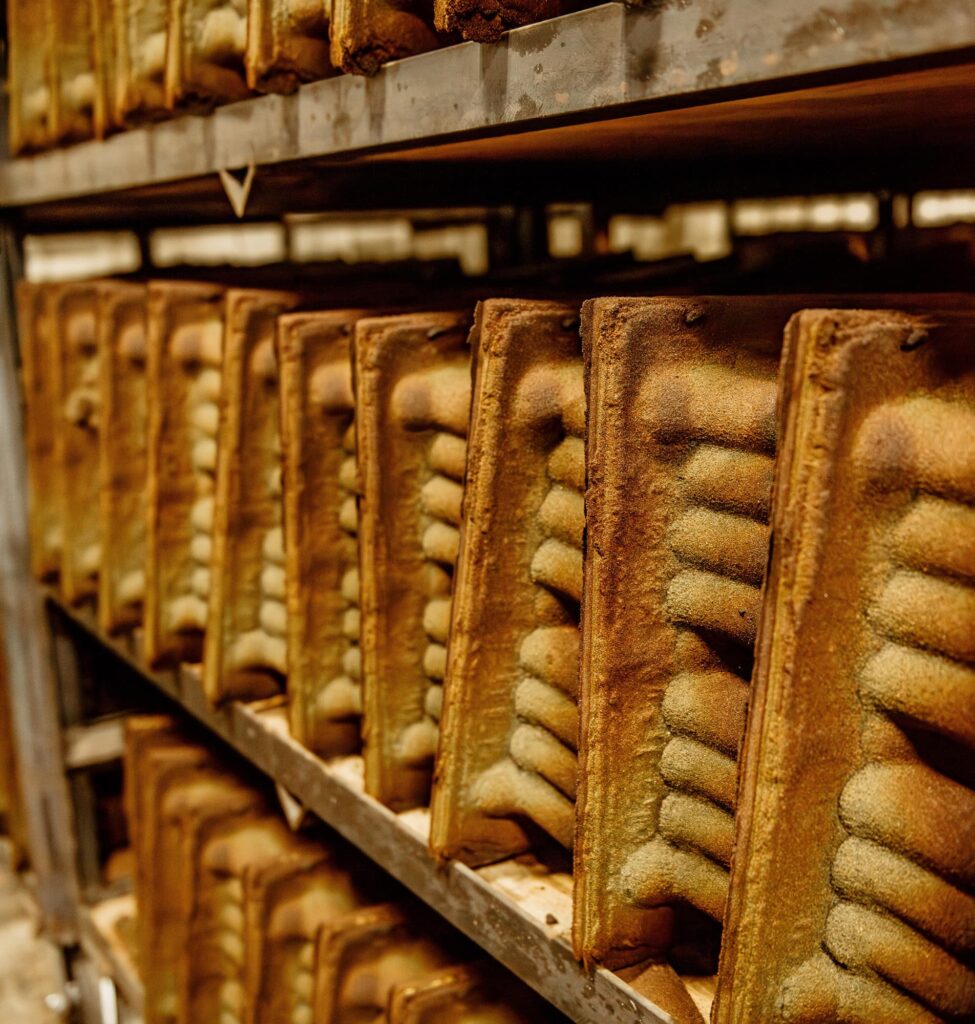Shell mold casting – often referred to as shell molding – is a precision casting process where resin coated sand bonds together thermally making a thin shell around a pattern to form a mold. The process involves heating a metal pattern and then introducing resin coated sand on top of the heated pattern plates to create a hardened shell. This shell acts as the mold for pouring molten metal, allowing for the creation of complex and high-precision parts.
The shell molding process is known for producing castings with excellent surface finishes and tighter tolerances, making it a preferred method for industries that require high-quality castings. Compared to other casting methods – such as green sand – shell mold casting delivers more consistent results with fewer imperfections.
Hiler Industries boasts two modern foundries that produce millions of castings every year — all using the shell mold process. Since 1946, we have been providing our customers the highest quality castings, in a variety of metals, all with an excellent surface finish and near-net shape.


